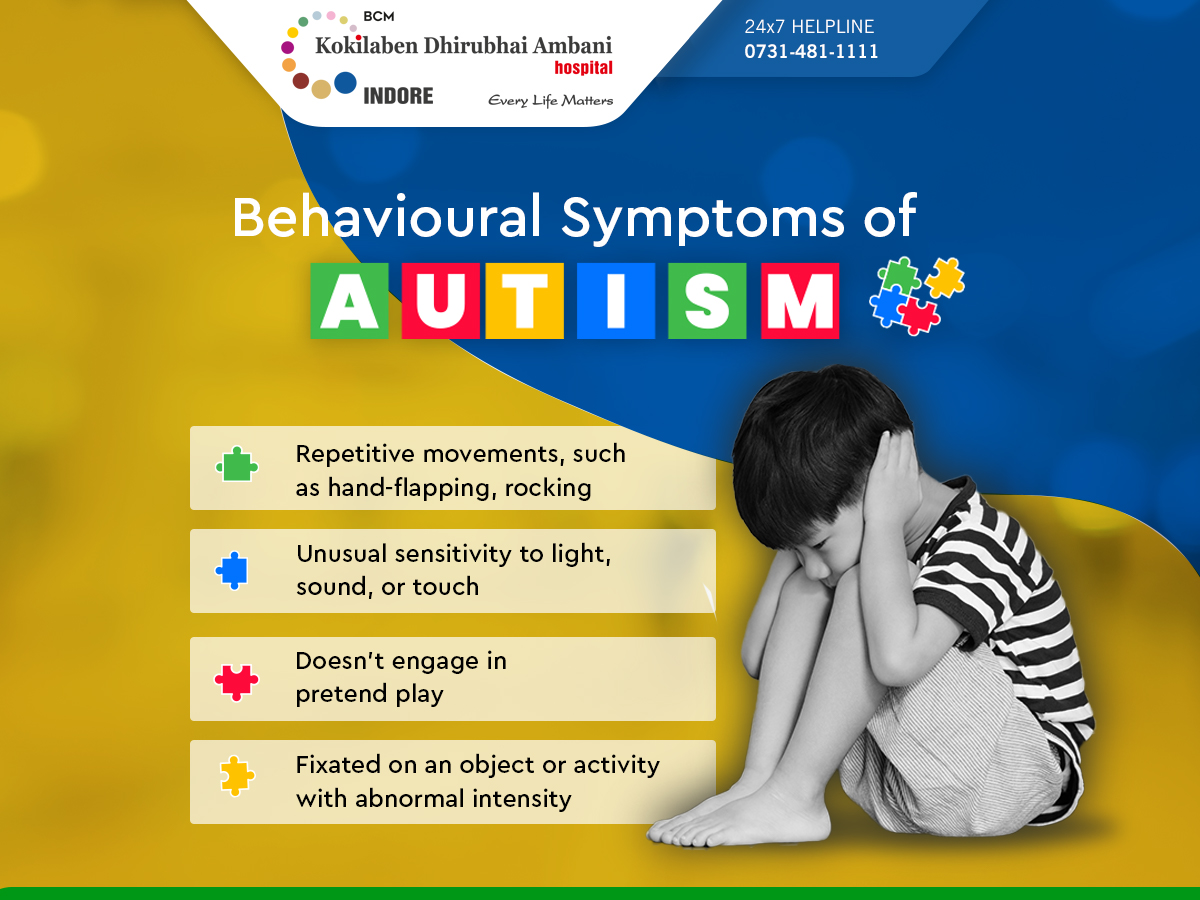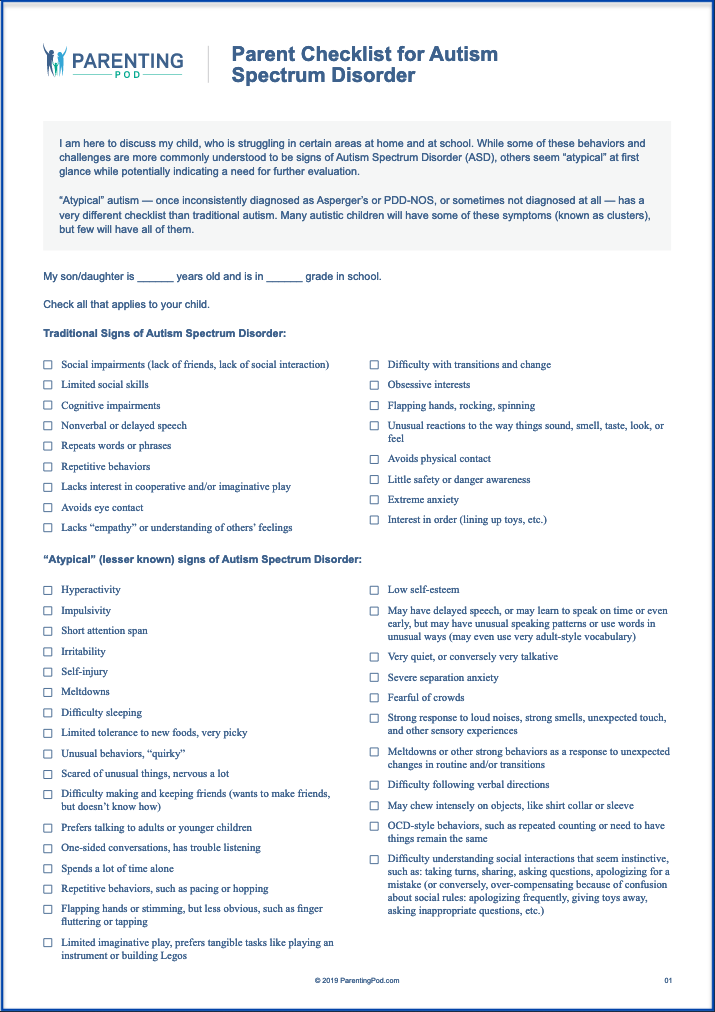Parent-approved list for working with Autism Spectrum Therapies
Parent-approved list for working with Autism Spectrum Therapies
Blog Article
Comprehending the Impact of Behavioral Autism on Daily Life and Social Communications
You might not realize just how deeply behavior autism affects everyday life and social interactions. Individuals on the spectrum usually navigate a globe filled with interaction obstacles and sensory overload. These obstacles can lead to stress and isolation, influencing their connections and total wellness.
Specifying Behavioral Autism and Its Attributes
Behavioral autism, usually described as autism spectrum condition (ASD), incorporates a series of conditions defined by challenges in social interaction, interaction, and repeated habits. You could notice that individuals with ASD commonly battle to translate social hints, which can cause misconceptions in conversations. They might find it difficult to develop eye contact or involve in little talk, making social scenarios really feel frustrating.
Communication difficulties can manifest in various methods, from postponed speech growth to a choice for using less words. Repetitive behaviors, such as hand-flapping or shaking, can serve as coping mechanisms to manage tension or sensory overload. These characteristics can greatly influence life, making it necessary for you to comprehend and sustain those with ASD. By identifying these attributes, you can foster an atmosphere that advertises approval and urges efficient interaction, helping individuals with autism thrive in their everyday interactions.
The Spectrum of Autism: Recognizing Irregularity in Actions
Autism spectrum problem (ASD) isn't a one-size-fits-all medical diagnosis; it differs commonly among individuals. You could see that some people with ASD exhibit light signs, while others may face extra substantial obstacles. This irregularity can show up in habits, rate of interests, and sensory sensitivities. You might experience individuals that are highly verbal and engage quickly in conversations, while others might favor solitary activities or connect non-verbally.
Furthermore, the way individuals with ASD react to sensory input can vary considerably; some could be overwhelmed by loud sounds or brilliant lights, whereas others thrive in promoting settings. The spectrum likewise includes distinctions in social communications; some people may battle to translate social signs, while others navigate social settings with loved one ease. Understanding this variability is vital, as it aids you appreciate each person's distinct experience and dressmaker support to their certain requirements, cultivating an extra comprehensive environment for everyone.
Interaction Difficulties Dealt With by People With Autism
When you communicate with people on the autism range, you might notice their distinct interaction difficulties. They often encounter difficulties with both verbal and nonverbal hints, which can influence their social communications. Recognizing these obstacles is important for fostering much better links and assistance.

Verbal Interaction Troubles
Several people on the autism spectrum experience verbal interaction problems that can significantly affect their daily communications. Your tone, pace, or quantity could not straighten with social expectations, causing others to misinterpret your purposes. Identifying these difficulties can help you and your support network create techniques to improve communication and foster better connections with others in your day-to-day life.
Nonverbal Communication Obstacles
Verbal communication isn't the only challenge individuals on the autism range face; nonverbal communication barriers can be just as considerable. These obstacles can lead to misunderstandings or misinterpretations of social cues, making communications really feel frustrating or complex. By attending to nonverbal communication, you can discover approaches to boost your social experiences and boost your general high quality of life.
Social Interaction Impacts
Social communications can typically feel frustrating due to the distinct interaction challenges encountered by individuals with autism. Identifying these difficulties can help you locate techniques to boost interaction, such as exercising social skills in secure settings or utilizing aesthetic aids. Comprehending your requirements allows you to browse social communications with higher self-confidence and ease.
Social Interaction and Connection Structure in Autism
While building partnerships can be challenging for people with autism, comprehending their unique point of views and interaction designs can cultivate purposeful connections. You might see that several people on the range like direct interaction and may fight with social signs or small talk. By being simple in your interactions, you can help produce an atmosphere where they feel comfortable.
Put in the time to listen and observe just how they share themselves. This understanding can guide you in steering conversations a lot more properly. Participating in shared interests can also function as a bridge to deeper connections. Whether it's a pastime, a favored program, or a common interest, these common threads can open doors to friendship.
Every Day Life Routine: Navigating Strategies and challenges
Maneuvering day-to-day live routines can be particularly challenging for people with autism, especially when unexpected changes occur. You might find convenience in having a structured schedule, as it aids you anticipate what's next. It's normal to really feel overwhelmed or anxious when interruptions take place. To navigate these challenges, consider applying visual timetables or checklists. These tools can offer quality and reassurance.
Establishing a regimen that consists of sensory breaks can also be valuable. This helps produce an understanding setting.
Finally, technique mindfulness strategies to manage tension and anxiousness. Simple breathing exercises or grounding methods can make a significant distinction. By incorporating these methods, you can enhance your daily routine and reduce disturbances, making life really feel much more convenient.
Strengths and Abilities of People on the Autism Range
Understanding daily life routines is just one aspect of the autism experience. Numerous individuals on the autism spectrum have amazing toughness and capacities that establish them apart.
In addition, your memory abilities often shine, especially in locations of rate of interest. Autism Spectrum Therapies. This knack for retaining details can make you a beneficial resource in areas like scientific research, art, or modern technology. You may additionally show strong visual reasoning, allowing you to picture complex principles and solve troubles creatively
Furthermore, your special perspective on the globe can promote compassion and understanding in others, enhancing social interactions. Welcoming these toughness not only boosts your confidence but additionally helps others value the diverse abilities you offer the table.
Creating Comprehensive Atmospheres for Individuals With Autism
Producing comprehensive atmospheres for people with autism starts with making sensory-friendly rooms that accommodate their unique requirements. You can my blog also promote possibilities for social communication, assisting to construct links and friendships. By making these changes, you'll contribute to a much more inviting environment for every person.
Creating Sensory-Friendly Spaces
While developing sensory-friendly areas, it's crucial to reflect on the distinct requirements of individuals with autism. Integrate quiet zones where people can retreat over at this website and recharge when overwhelmed. Consist of aesthetic timetables or clear signs to assist individuals browse the area confidently.
Advertising Social Communication Opportunities
Creating sensory-friendly areas not only addresses individual convenience however also establishes the phase for significant social interactions amongst people with autism. To promote these communications, create comprehensive environments that welcome involvement. Organize structured tasks, like art classes or group games, that motivate cooperation without frustrating sensory input. Use aesthetic aids and clear interaction to help everyone engage conveniently. Urge peer mentoring, combining individuals with autism with encouraging peers who can assist them through social scenarios. Additionally, think about organizing normal neighborhood occasions that celebrate neurodiversity, fostering acceptance and understanding amongst all individuals. By executing these approaches, you can enhance social possibilities, assisting people with autism construct friendships and reinforce their social skills in a secure, inviting atmosphere.

Frequently Asked Inquiries
Just How Can Friends Support Somebody With Behavioral Autism?
You can sustain a good friend with behavioral autism by holding your horses, listening actively, and respecting their boundaries. Take part in tasks they take pleasure in, connect freely, and produce a comfy atmosphere where they really feel valued and understood.
What Resources Are Readily Available for Parents of Children With Autism?
You can explore numerous sources for moms and dads of kids with autism, consisting of support system, instructional web sites, and local community solutions. Connecting with various other parents can likewise supply useful insights and shared experiences to help browse difficulties.
Can Behavioral Autism Change Gradually?

Yes, behavioral autism can transform gradually. You might see changes in interaction, social skills, and behavior as your kid expands. Early intervention and assistance usually play important duties in these developmental adjustments.
How Do Sensory Level Of Sensitivities Affect Day-to-day Live?
Sensory sensitivities can make day-to-day experiences overwhelming. You may fight with loud sounds or bright lights, bring about recommended you read tension or avoidance. Locating environments that fit your demands can substantially enhance your convenience and total every day life.
What Are Common Misconceptions About Behavioral Autism?
You may assume behavioral autism just impacts communication skills, however it's more complex. Numerous presume people lack empathy or intelligence, which isn't true. Recognizing these misconceptions assists foster acceptance and assistance for those on the range.
Behavior autism, commonly referred to as autism range condition (ASD), includes a variety of conditions characterized by difficulties in social communication, interaction, and repeated habits.Social interactions can typically feel frustrating due to the one-of-a-kind interaction obstacles faced by individuals with autism.Designing sensory-friendly spaces not only addresses specific comfort however likewise sets the phase for purposeful social communications among people with autism. Encourage peer mentoring, pairing people with autism with helpful peers who can lead them with social circumstances. By carrying out these methods, you can improve social chances, helping people with autism develop friendships and strengthen their social abilities in a risk-free, inviting atmosphere.
Report this page